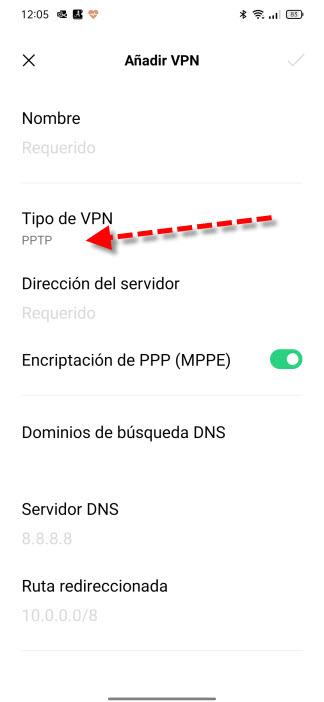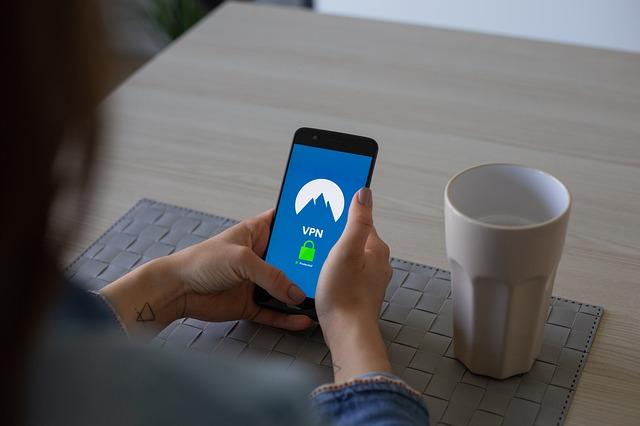Many people today use a VPN to gain greater security and anonymity. The question is whether it is necessary to use it in all kinds of equipment. Today we are going to focus specifically on Android devices. The moment we leave home, we will often mostly use our smartphone for many online activities that could compromise our sensitive information. One of those moments may be when we have to connect to a public Wi-Fi network. In this article, we are going to determine if you need an Android VPN on your smartphone or tablet.
What is a VPN and advantages
A VPN, or Virtual Private Network, is a utility that will allow you to browse the Internet in a more secure and anonymous way. A very important fact is that it encrypts our online activity to keep it away from prying eyes such as Internet Service Providers (ISPs), companies, cybercriminals and governments.
The moment we connect our Android smartphone or tablet to a VPN server, our activity is forwarded between our device and the Internet through that VPN server, which hides our public IP. In this aspect, our data travels securely and anonymously as if it were in a tunnel thanks to encryption. This limits the opportunities for others to intercept our traffic.

As for the advantages that a VPN can provide us on Android, they are:
- Hide our public IP.
- It is used to circumvent censorship since you could see web pages that are not allowed in your country.
- View media content that is blocked for certain geographic regions.
Another important question when choosing is whether to opt for a paid VPN or a free one. The paid ones guarantee more anonymity, have more servers located in different countries and better speed. With the free ones you have to be more careful because some sell your browsing data to third parties. From this last group, a good one that you can use can be Cloudflare’s WARP VPN.
VPNs on Android
In case you didn’t know, devices running Android 4.0 and later support VPN apps and also come with a built-in client. This built-in VPN client includes multiple methods to manually connect to a VPN service. These methods include the following security protocols: PPTP, L2TP/IPSec, and IPSec. This means that we will be able to use a Virtual Private Network on Android both with an app and by establishing a connection manually.
This is an example of the Android section where we can add a VPN:

On the other hand, a feature was presented that Android devices benefit from, which is the implementation of Privacy Sandbox. The Privacy Sandbox initiative aims to make cookies disappear in the coming years. Instead they will be replaced by “Themes”, which create temporary profiles based on your interests to provide a personalized but non-intrusive browsing and advertising experience. In that regard, a combination of Privacy Sandbox and a VPN could give us a secure and anonymous online experience.
Do we need a VPN on Android?
Over time, Privacy Sandbox is expected to be sufficient to guarantee privacy, or at least it is expected to be significantly better than traditional cookies. In short, we can have greater anonymity but that does not mean that we are going to be safer.

On some occasions we will have to connect to a public Wi-Fi network. Today most of our mobile internet connections still have a data limit. What usually happens is that when we exceed it, we usually go to ridiculous speeds of about 64 kbps that are only good for receiving WhatsApp and very basic tasks. Therefore, we are obliged to save mobile data.
At the moment we connect to a public Wi-Fi network, we do not know if it is legitimate or if a cybercriminal who intends to steal our data is connected to it. Therefore, from RedesZone we recommend the use of a VPN on these sites, so that our data is encrypted and safe.













